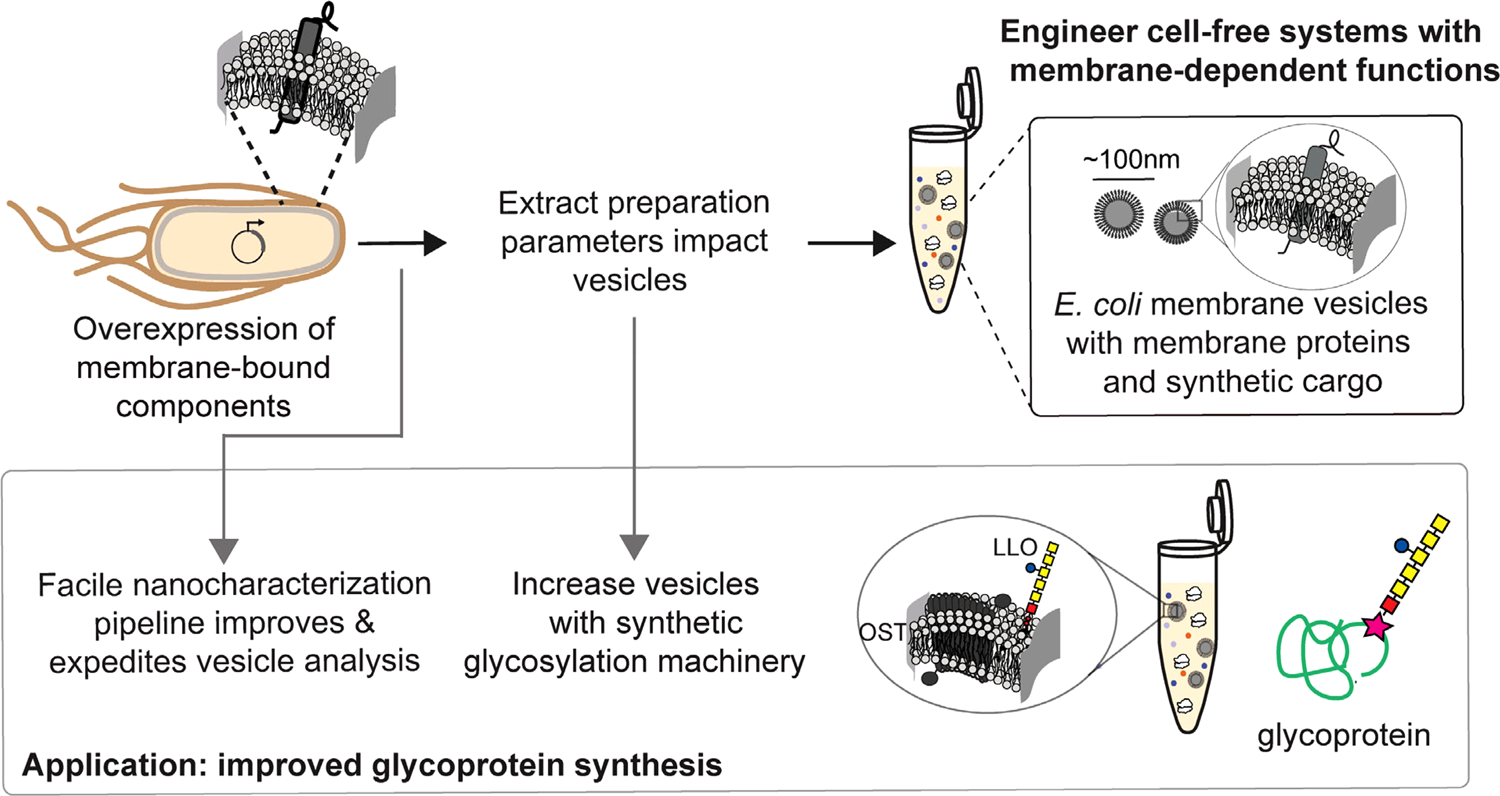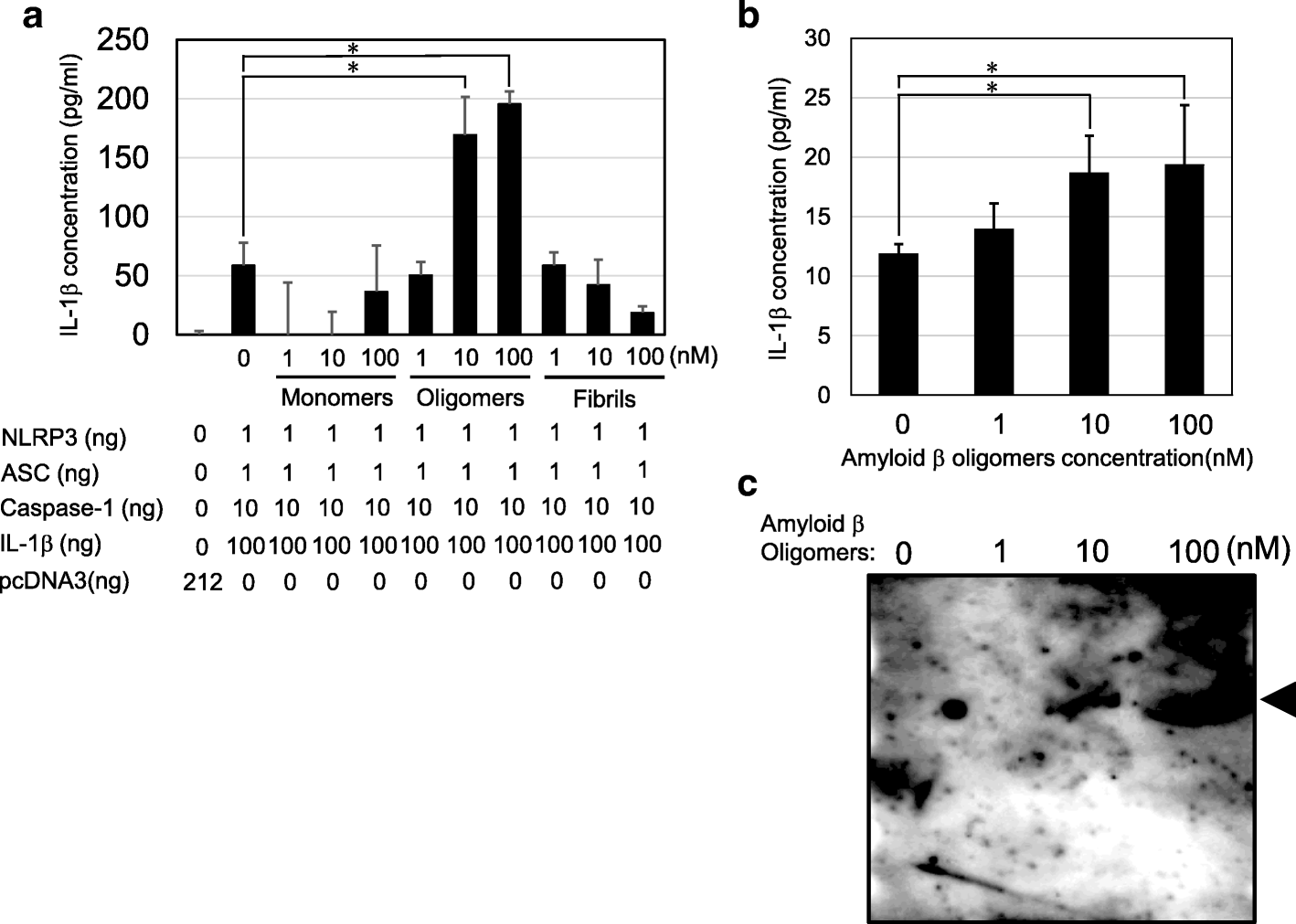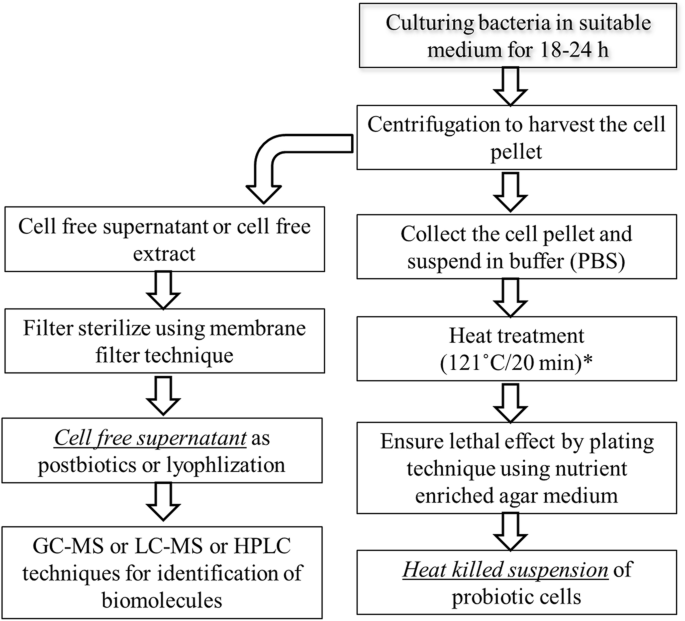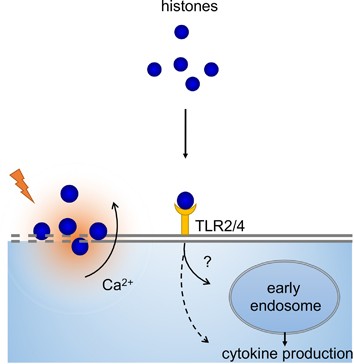Cells, Free Full-Text
Por um escritor misterioso
Descrição
Community-acquired pneumonia remains a major contributor to global communicable disease-mediated mortality. Neutrophils play a leading role in trying to contain bacterial lung infection, but they also drive detrimental pulmonary inflammation, when dysregulated. Here we aimed at understanding the role of microRNA-223 in orchestrating pulmonary inflammation during pneumococcal pneumonia. Serum microRNA-223 was measured in patients with pneumococcal pneumonia and in healthy subjects. Pulmonary inflammation in wild-type and microRNA-223-knockout mice was assessed in terms of disease course, histopathology, cellular recruitment and evaluation of inflammatory protein and gene signatures following pneumococcal infection. Low levels of serum microRNA-223 correlated with increased disease severity in pneumococcal pneumonia patients. Prolonged neutrophilic influx into the lungs and alveolar spaces was detected in pneumococci-infected microRNA-223-knockout mice, possibly accounting for aggravated histopathology and acute lung injury. Expression of microRNA-223 in wild-type mice was induced by pneumococcal infection in a time-dependent manner in whole lungs and lung neutrophils. Single-cell transcriptome analyses of murine lungs revealed a unique profile of antimicrobial and cellular maturation genes that are dysregulated in neutrophils lacking microRNA-223. Taken together, low levels of microRNA-223 in human pneumonia patient serum were associated with increased disease severity, whilst its absence provoked dysregulation of the neutrophil transcriptome in murine pneumococcal pneumonia.

Improving cell-free glycoprotein synthesis by characterizing and enriching native membrane vesicles

10M Beep Test Download - Colaboratory

Cell-free mutant analysis combined with structure prediction of a lasso peptide biosynthetic protein B2

Rapid cell-free characterization of multi-subunit CRISPR effectors and transposons - ScienceDirect

Cells, Free Full-Text

Amyloid β directly interacts with NLRP3 to initiate inflammasome activation: identification of an intrinsic NLRP3 ligand in a cell-free system, Inflammation and Regeneration

Postbiotics-parabiotics: the new horizons in microbial biotherapy and functional foods, Microbial Cell Factories

Extracellular histones, cell-free DNA, or nucleosomes: differences in immunostimulation

Cell-free DNA tissues of origin by methylation profiling reveals significant cell, tissue, and organ-specific injury related to COVID-19 severity - ScienceDirect
de
por adulto (o preço varia de acordo com o tamanho do grupo)







